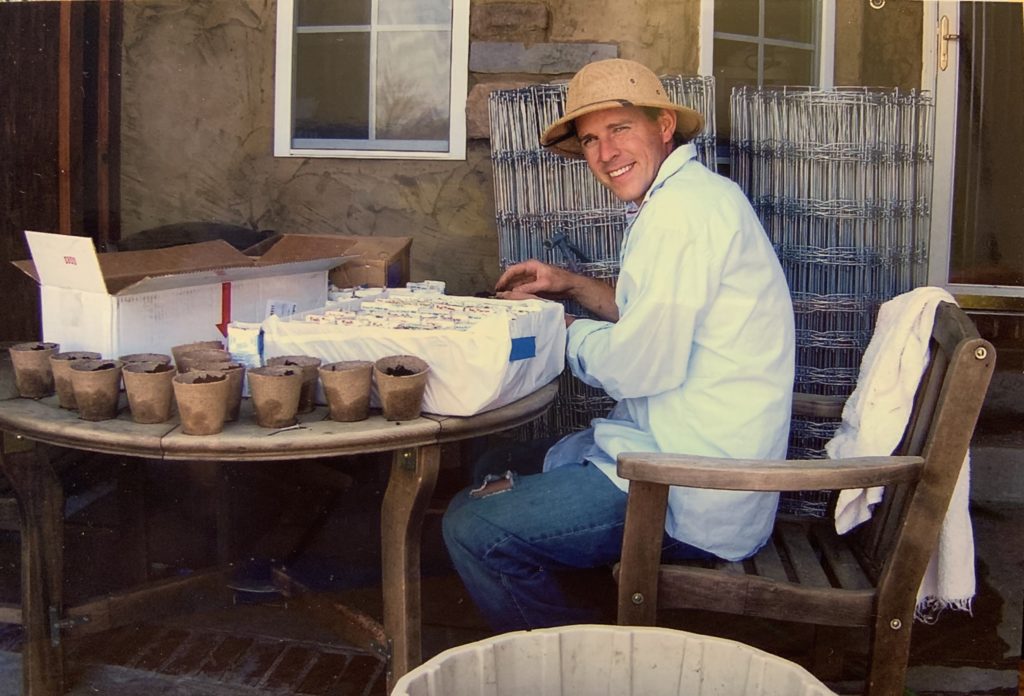
The Bible tells us that we are all farmers. Galatians 6:7-8 says, “Be not deceived; God is not mocked: for whatsoever a man soweth, that shall he also reap. For he that soweth to his flesh shall of the flesh reap corruption; but he that soweth to the Spirit shall of the Spirit reap life everlasting.”
There is no simpler illustration of cause and effect than the sowing of seeds. Whether you are wanting to start a full scale farming operation or a simple house plant, starting plants from seeds can be a powerful teaching tool. That is, you can teach your children one of the most profound biblical principles by simply throwing a few seeds in a cup of dirt.
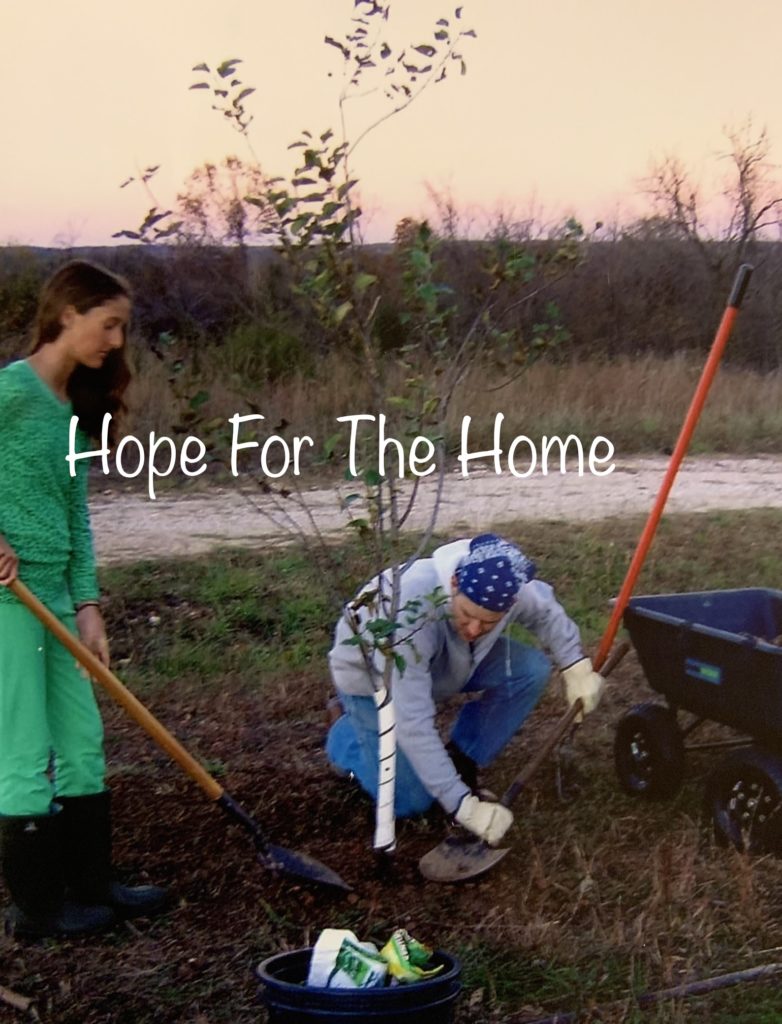
As an adult, it is easy for us to take the obvious for granted. I plant seeds, and they produce fruit. This simple process occurs all around us, and yet we miss countless opportunities to speak into our children’s lives because we overlook the obvious.
One of my favorite things about young children is their innate desire to learn and absorb information. As you may have already read in some of my other articles, “If you are not teaching them, then someone else is.” One of the most powerful commands for teaching and training comes from the Word of God.
Deuteronomy 6:7 says, “And thou shalt teach them diligently unto thy children, and shalt talk of them when thou sittest in thine house, and when thou walkest in the way, and when thou liest down, and when thou risest up.”
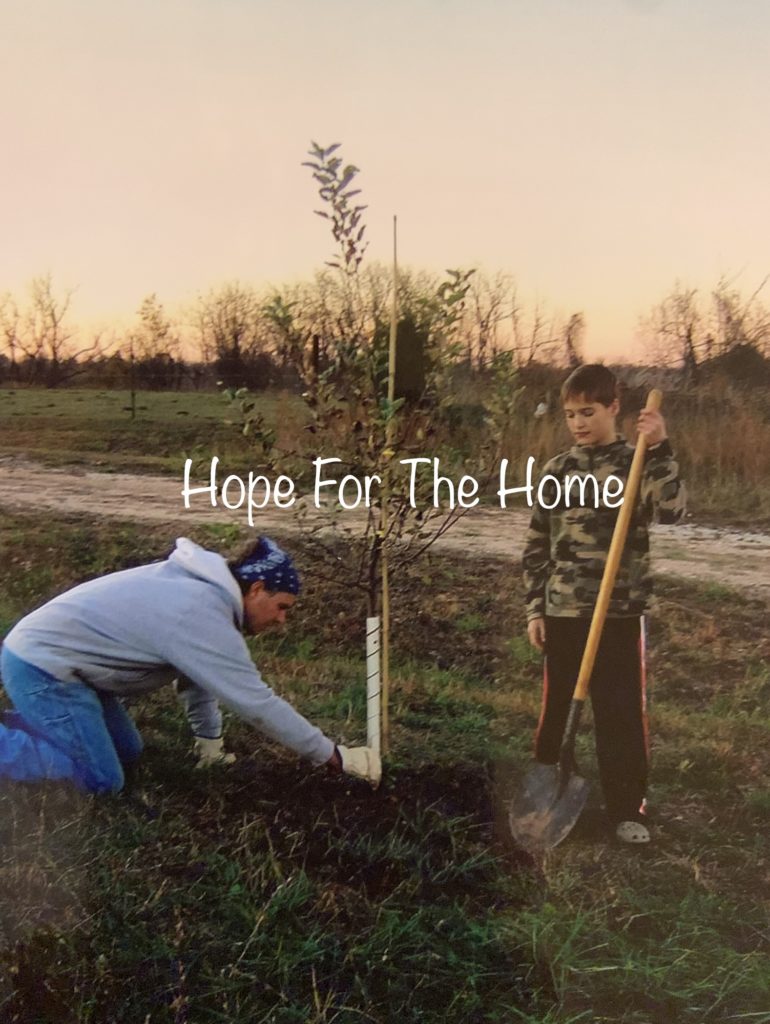
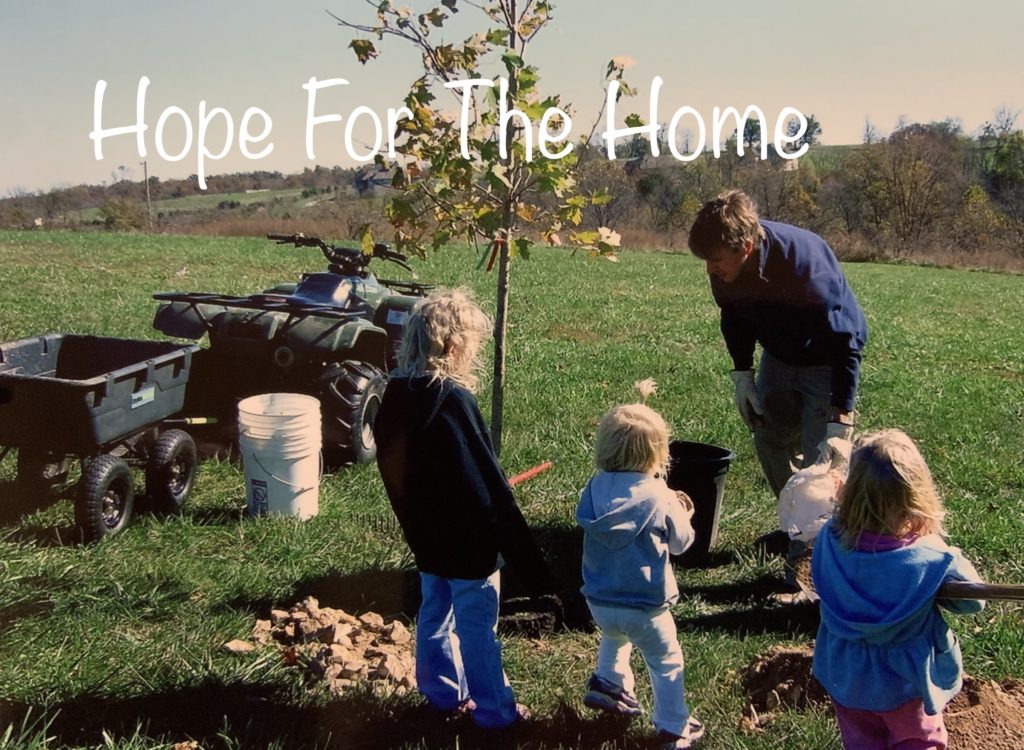
Sometimes the motivation to teach is there, but we lack creativity, or resources. Sometimes we are paralyzed by our own feelings of inadequacy. I have found that planting seeds provides an inexhaustible resource for teaching and training. Not one day will go by without there being a relevant reference to this simple activity.
There are numerous resources on how to grow plants from seeds, and there are equally numerous sermons and resources on the Biblical principle of reaping and sowing. While that goes beyond the scope of this article, I would love to help equip you with a few insights and suggestions to help get you started.
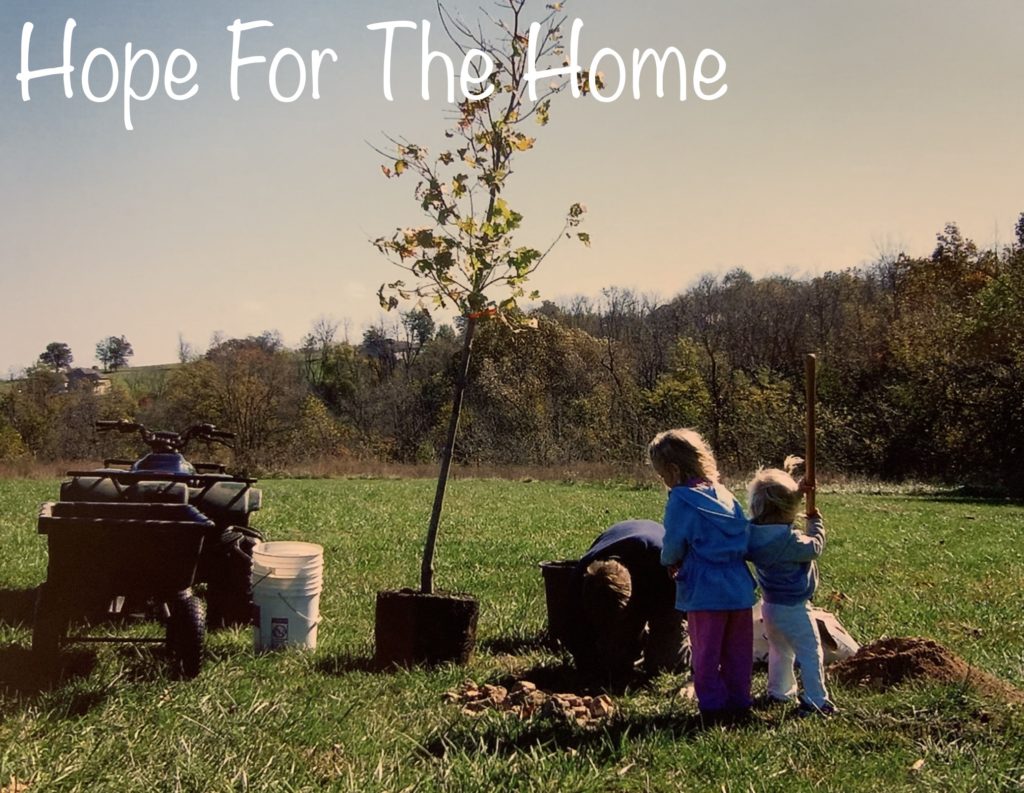
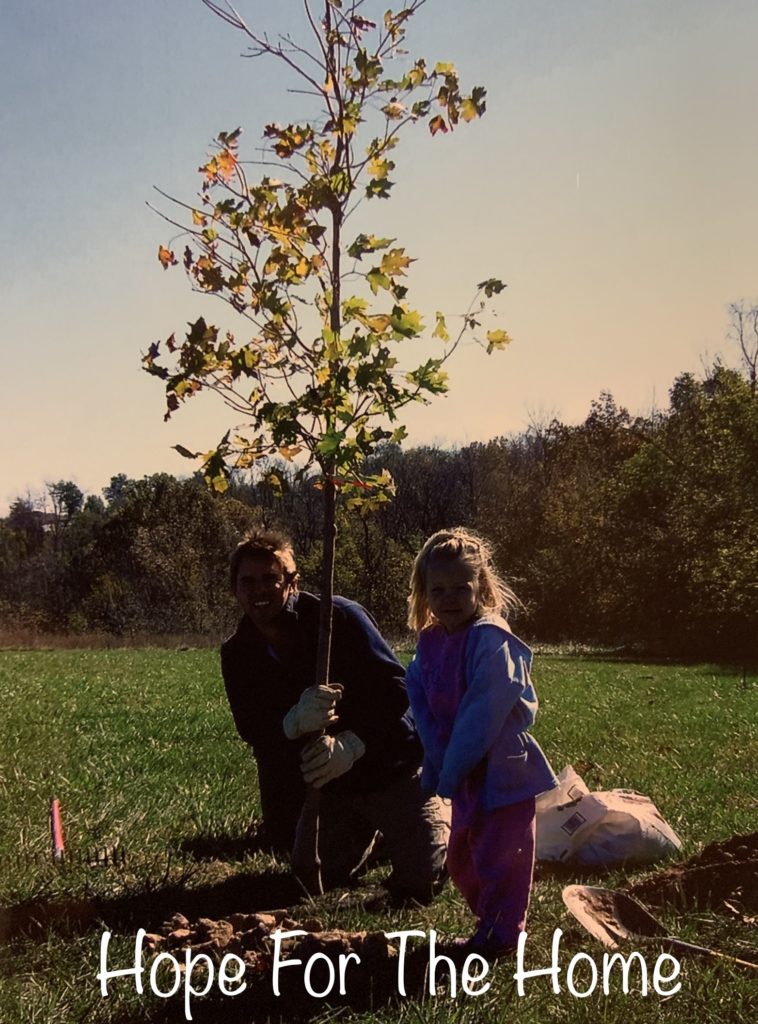
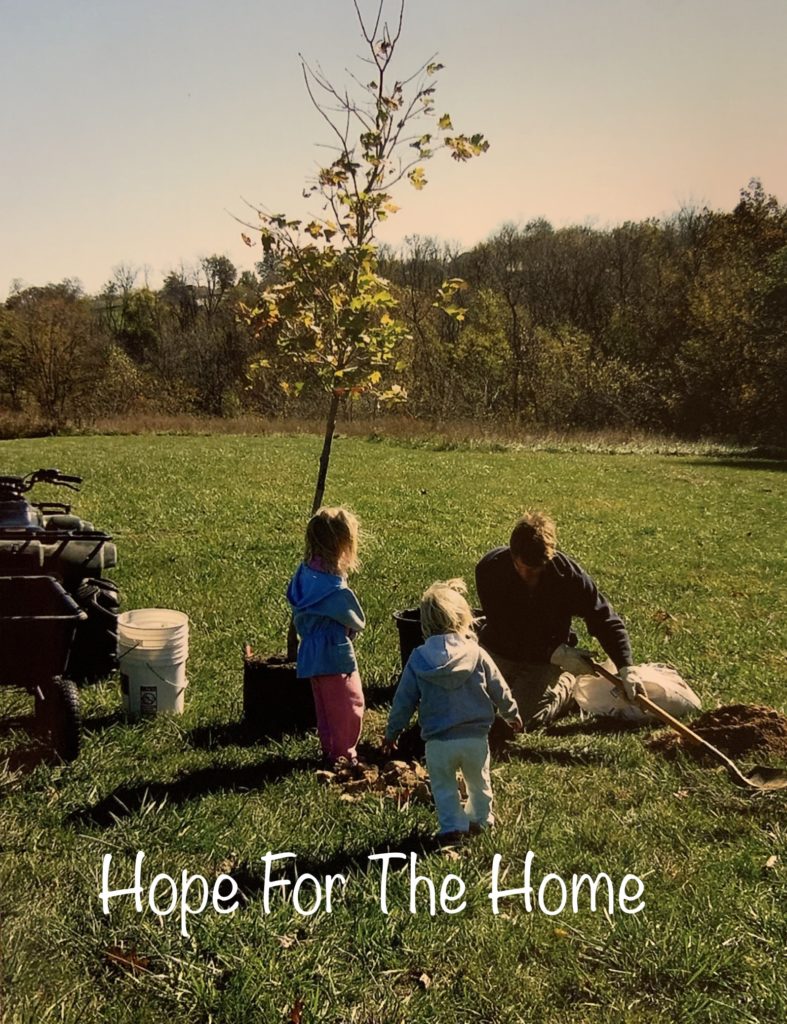
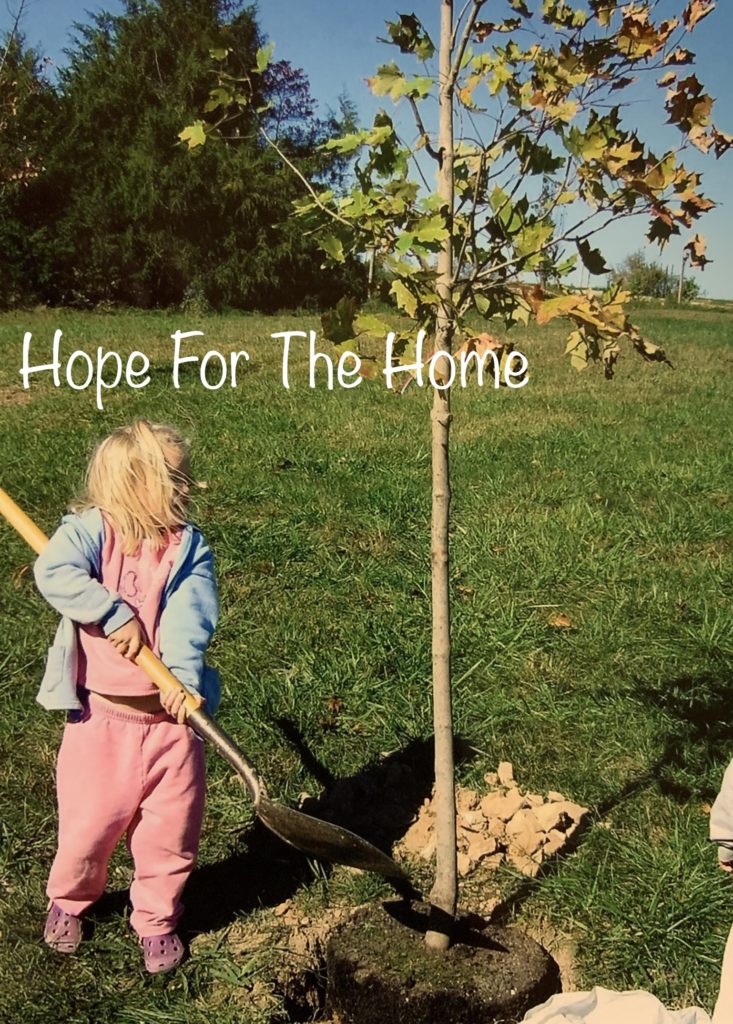
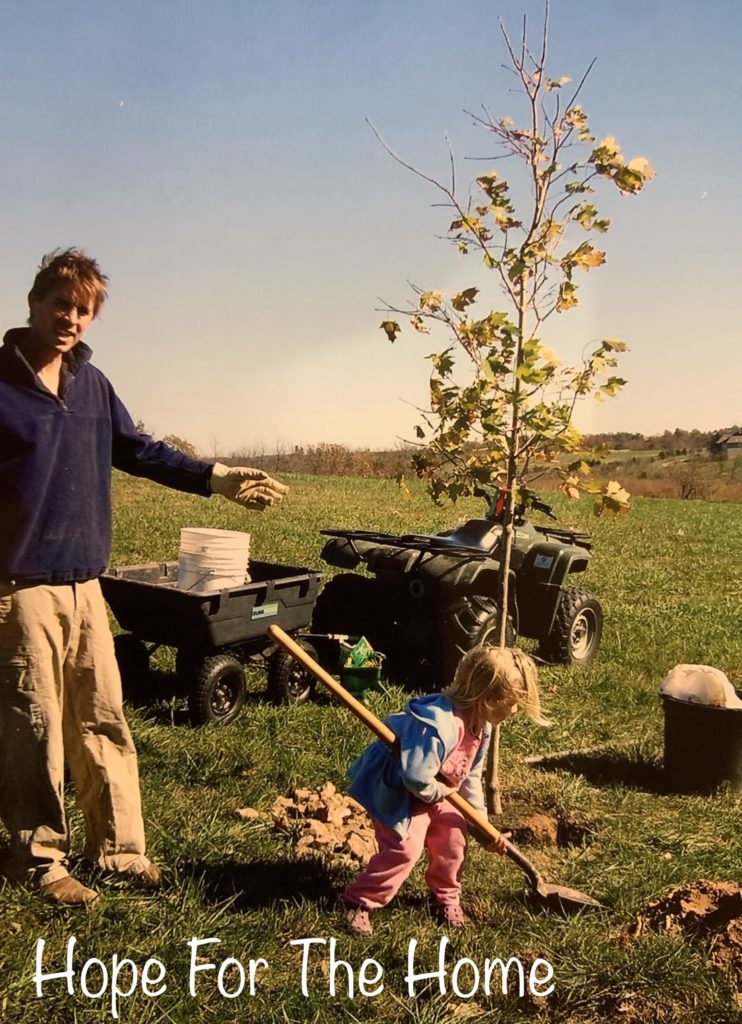
First I would start with growing something simple. Cucumbers, zucchini, and tomatoes come to mind.
Make sure that you include your children in every step of the process, from gathering seeds (gleaning like Ruth), to harvesting and cleaning up tools and equipment.
Secondly, highlight these four principles:
1. You reap what you sow.
2. You reap where you sow.
3. You reap more than you sow.
4. You reap in a different season than when you sow.
Meditate on these four principles of reaping and sowing, and I believe God will give you unlimited
insights into their practical application in your family’s life.
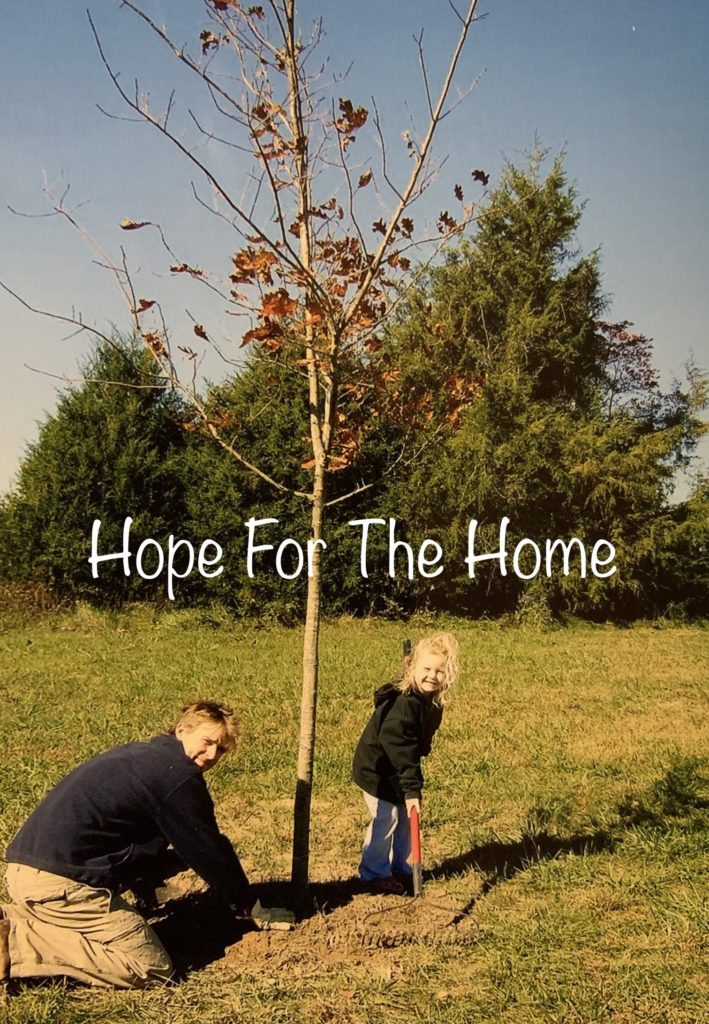
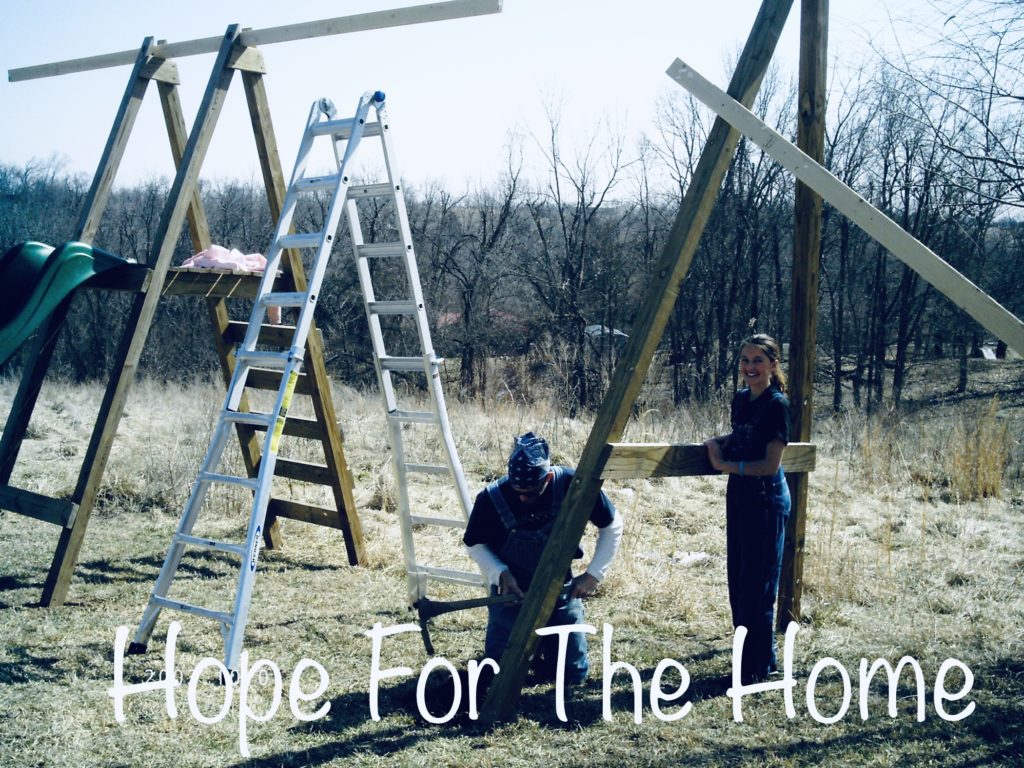
Provide practical applications of these Biblical principles.
For example, if you sow anger with your little sister, your little sister will also produce anger.
If you sow anger with your little sister, she will be the one effected, not your brother.
If you sow anger with your little sister, her anger will multiply and increase beyond what you sowed.
And, if you sow anger with your little sister, you may not see the results of it today, but it will present itself in the future.
The converse is also true if you substitute the negative (anger) for a positive (kindness).
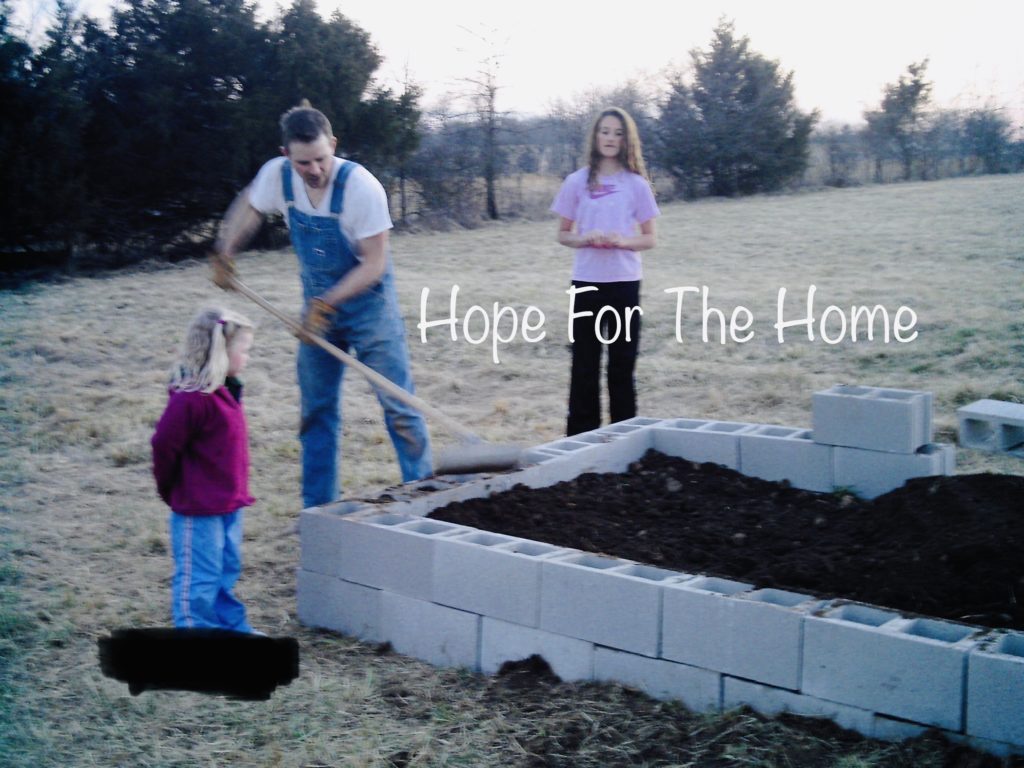
Thirdly, failure is success. Jesus gives us the parable of the sower. When you invariably forget to water your seeds, or you don’t have the right conditions to grow prize winning (or even edible!) vegetables, this provides a perfect opportunity to illustrate the parable of the stony ground hearer.
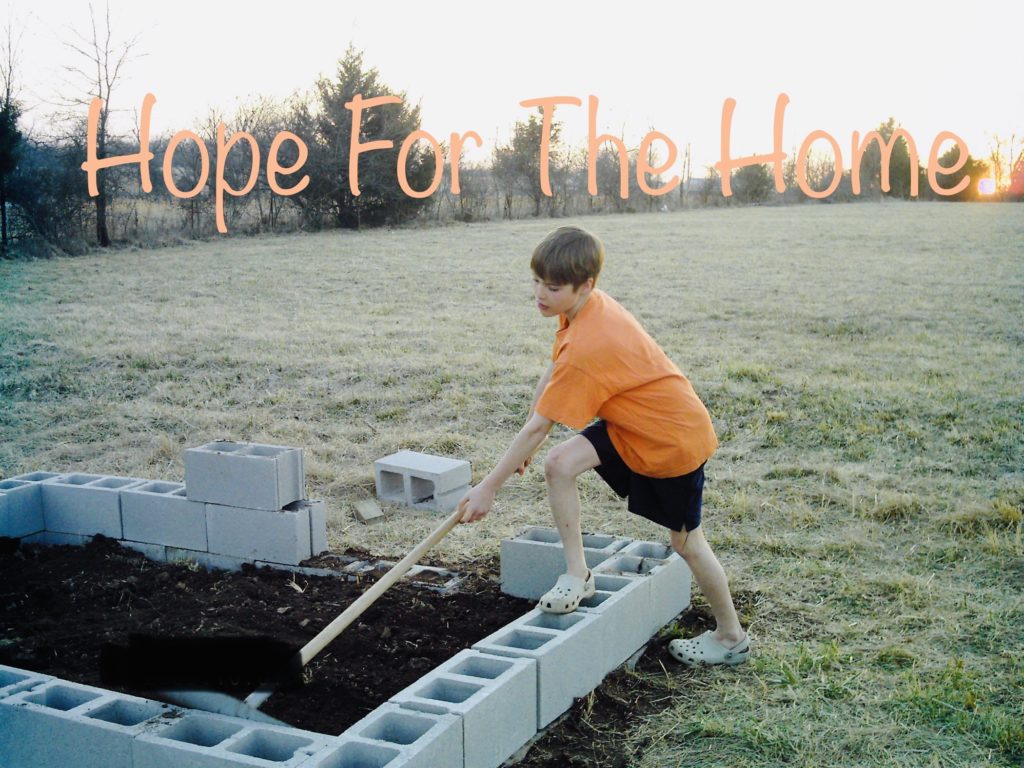
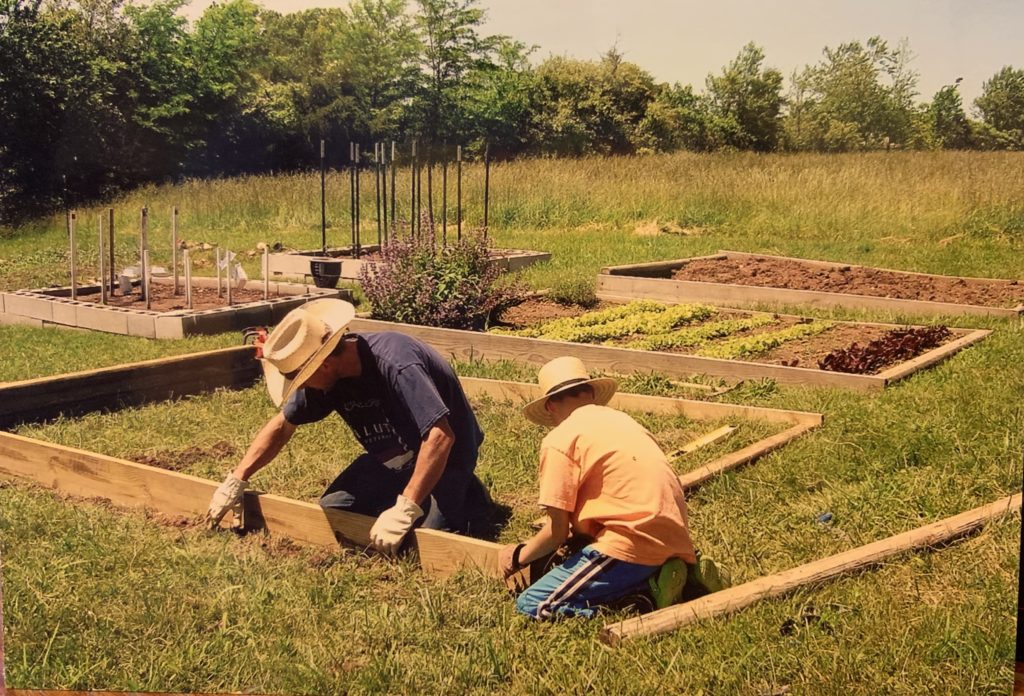
Fourthly, try and find a place to plant a perennial (plants that come back every year). My suggestion for this is blackberries or some type of fruit tree. While you might not purchase these in their seed form, these plants are relatively easy to grow and maintain. The fruit they produce will provide additional illustrations and examples from which to teach the Word of God. And frankly, I cannot tell you how rewarding it is to plant them one time and reap from them for years!
Again, what is obvious to us is often times new and exciting to our children. When you take just a few moments to connect these Biblical principles to their daily lives and relationships, you are teaching a much greater lesson; that the inspired Word of God has all the answers for our problems and gives us direction on how to live our lives. Wow!
All of that and all you did was plant a few seeds. Imagine the seeds you are sowing in your family, and future generations. May God bless your harvest.

Some additional applications that I have found extremely fruitful are:
John 15- and the importance of pruning
The role of light and heat
Training and staking your plants to grow straight
Working to provide food for your family and the dependence on God
Importance of diligence, patience, and thoroughness
Try planting wheat and go through the process of separating the chaff, grinding the flour, sifting the flour, baking bread with and without yeast.
Jason